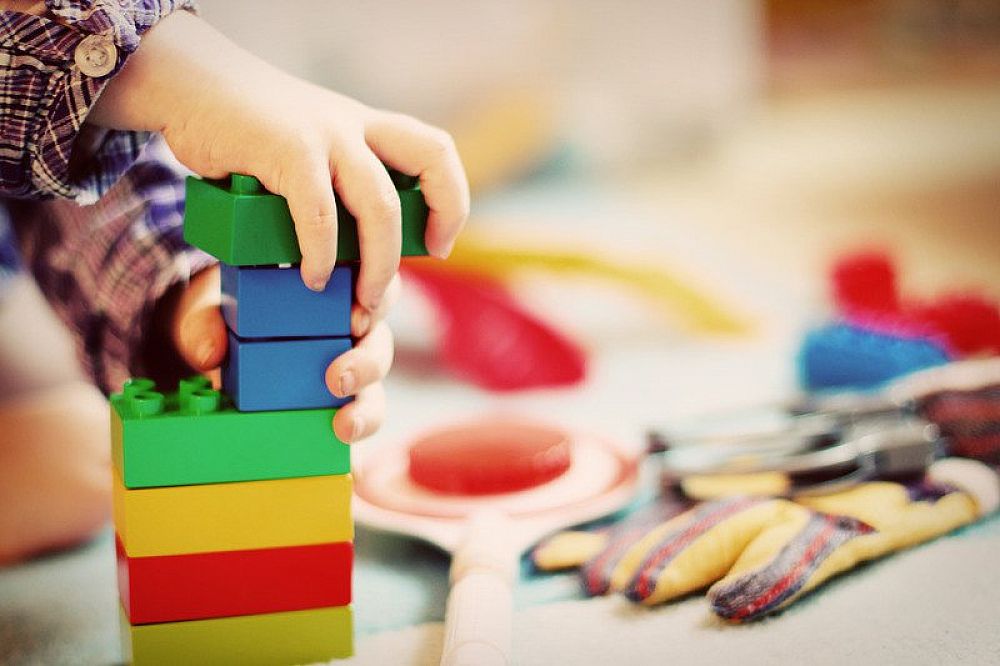7 Games to Cheer On Your ESL Students

Defining games for kids can open up a broad prospect but in this topic, we are going to specifically talk about the various games that kids can not only enjoy but can incorporate in their learning curriculum.
Table of Contents
Do you want to teach English abroad? Take a TEFL course today!
Playing games in the classroom helps kids to feel more relaxed and friendly with the teachers.
This post was written by our TEFL certification graduate Sonal L. Please note that this blog post might not necessarily represent the beliefs or opinions of ITTT.
Learning becomes more of a fun activity for them rather than the same boring schedule which makes them lethargic and least interested in studying.
Introducing the various types of games that can be played in the classroom are as follows:
1. Monopoly
The game monopoly can be played to learn any kind of lesson whether it is tenses, vocabularies, etc.In this game the kids take turns and take chances or property cards which will have different questions or English words written for which they have to answer the correct answer if they answer it correctly, they can move forward if not they cannot.
2. Pictionary
This game is the most fun game of all as in this one the students are supposed to draw a picture of a thing, animal, place, etc. The other students must guess without any verbal help.It's a lot of fun as the students may not be able to draw properly and may make some funny jokes sometimes.It becomes quite entertaining and they get to learn new words.
Also Read: Can I teach English abroad without a work visa?
3. Taboo
This is a great way to get students speaking and practice vocabulary. In Taboo, one student must communicate a concept or word to their partner without using a specific list of related words. For example, they must make their partner say "forest", yet they are not allowed to use the words "tree," "woods," "Sherwood," or "Black".If they say the word forest by mistake, they can lose.This game helps the kids experiment with different words and understand their usage and meaning.
4. Tongue twisters
A tongue twister is great for lightening the mood, as an icebreaker, or way to begin each class. This helps kids to improve their speaking skills. It makes them more free-flowing towards adapting tough sentences.
5. Bingo
Most easy and fun game to play.Making a 5x5 grid and having words, phrases, pictures, sentences to cut and make a horizontal or vertical 5 pattern.This can help kids to speak up their word or phrase while trying to win over the game.
Also Read: Can I cancel my contract early when teaching English abroad?
6. Charades
This is a great game to get students to move. First, we must write down a couple of words on paper. Make sure most of the students know them. Divide the class into two teams and one person from each team will choose a paper and act the word out. A team receives a point for every correctly guessed word.This game can help kids to open up more in class and try to be more innovative to explain the word or picture they have been assigned.
7. Hangman
Hangman can be used at the start of the class to warm up the students and get them active. This is especially good for young students.
First, teachers must think of a word and write the number of letters on the board using dashes to show many letters there are. Then, ask students to suggest a letter. If it appears in the word, write it in on the correct spaces. If the letter does not appear in the word, write it off to the side and begin drawing the image of a hanging man.
This allows students to experiment and think of making new words and have some meaning of the words as well.
Do you want to teach English abroad? Take a TEFL course today!
All the games have a great advantage in teaching young kids.As young kids' brains are still at the developing stage they adapt to certain activities more easily rather than just sitting down and doing worksheets and repeating words.
- Teaching ESL & Knowing Your Audience: Young Learners vs. Adults
- Advantages of Teaching Adult Students and Implications on Teacher's Methodology
- The Best Countries to Teach ESL When You're 50+
- The Best Programs for Volunteer Teaching Abroad
- 8 Best Places to Teach English Abroad for Food Lovers
- You're Never Too Old to Change Your Life and Do a TEFL Course



